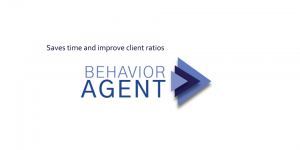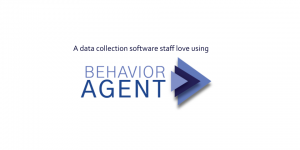Blog
How I Grew as a Behaviorist–Part 2: Using psychological techniques to create success
In a previous blog I recounted the issues I faced as a newer behaviorist who was tasked with developing behavior plans that addressed the behavioral challenges related to comorbid diagnoses. …
What would you do with more time?
Behavior Agent® customers have been able to slash hours spent on administrative reporting tasks which vastly improved outcomes. It’s easier to prioritize time with clients, students, and staff by removing countless hours …
How I Grew as a Behaviorist
by Dr. Lisa Keliher In 1985, I was on the floor, supporting people with mental health disorders, intellectual disabilities and developmental delays. By 1990, I was a graduate student seeking …
When Data Collection is Easy, Quality Improves
How easy is your data collection system? Is your team still relying on binders of paper? Upgrading your data collection with the right system can transform your organization. Entering data …
Use the RREMSS Approach When Working with Adults with Behavioral Issues
The RREMSS approach supports a client who is experiencing a behavioral issue. The approach empowers the client and diffuses conflict. RREMSS involves the important element of choice making so both …
How Do You Prove Results
Program stakeholders want to know the data behind the plan. The best way to prove your programs are successful is with accurate, thorough, easy-to-understand reports. It starts with the data. …
Behavior Plan Development: A Collaborative Approach
Behaviorists, educators, and mental health practitioners are drawn to their line of work to help people. Working with clients is the most rewarding part of the job. The client-behaviorist relationship …










